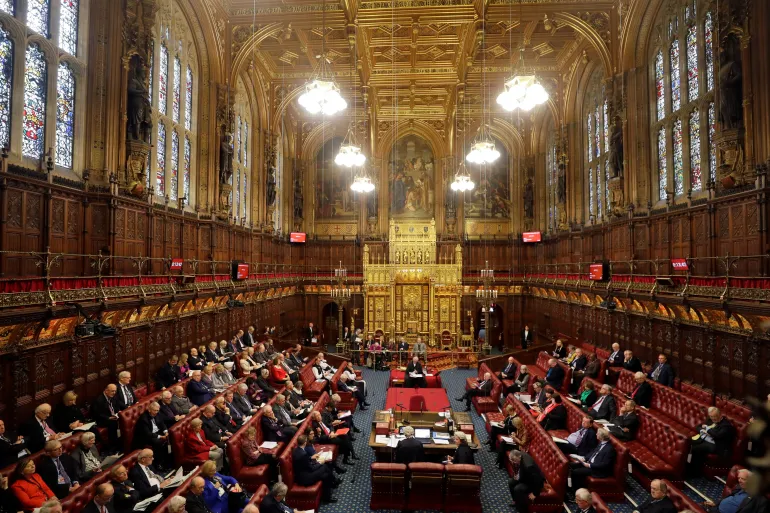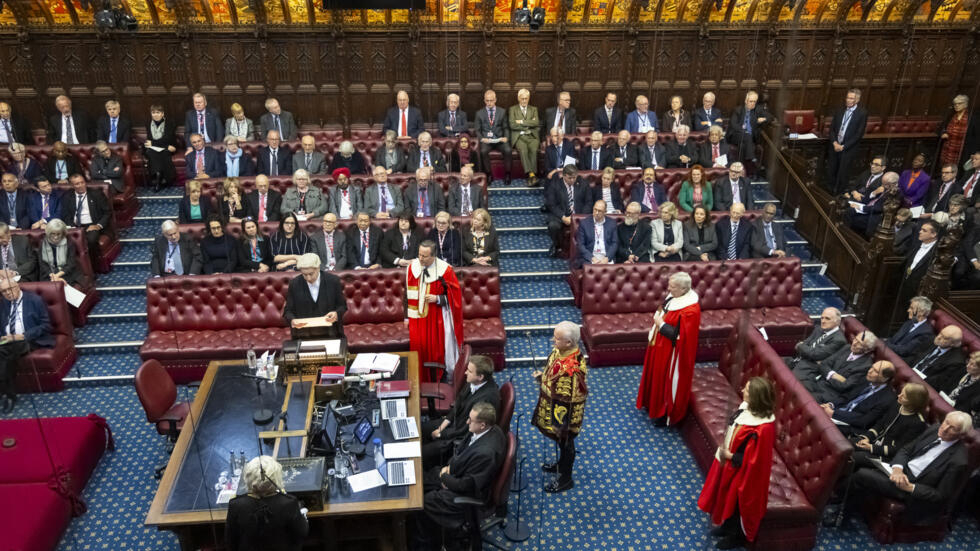In a significant development in the United Kingdom’s immigration policy, the upper house of Parliament, the House of Lords, has voted to delay the government’s controversial plan to deport asylum seekers to Rwanda. This decision marks a critical juncture in the ongoing debate over the treatment of asylum seekers and refugees in the UK. Let’s delve into the details of this decision, its implications, and the broader context of the UK’s immigration policies.
The Controversial Deportation Plan
Background of the Rwanda Policy
The UK government’s plan involved sending asylum seekers to Rwanda, where their claims would be processed. This policy was introduced as a measure to deter illegal immigration and break the business model of human smuggling networks.

Criticism and Opposition
The plan faced widespread criticism from human rights groups, opposition parties, and even some members of the ruling party. Critics argued that it was inhumane and abdicated the UK’s responsibilities to asylum seekers under international law.
The House of Lords’ Intervention
The Vote to Delay
The House of Lords voted to delay the implementation of the deportation plan, citing concerns over its legality and morality. This move represents a significant pushback against the government’s immigration strategy.
Implications of the Delay
The delay means that the government must now reconsider its approach and address the concerns raised by the Lords. This could involve legal revisions, further parliamentary scrutiny, or even a complete overhaul of the policy.
Broader Context of UK Immigration Policy
The UK’s Approach to Asylum Seekers
The UK has been grappling with the challenge of managing asylum seekers and refugees, particularly in the context of increasing arrivals across the English Channel. The government has been under pressure to find effective solutions while adhering to international obligations.
Balancing Human Rights and Border Control
The debate over the Rwanda deportation plan highlights the broader challenge of balancing the need for effective border control with the protection of human rights. It raises questions about the UK’s role and responsibilities in the global refugee crisis.
Potential Alternatives and Solutions
Exploring Humane Approaches
In light of the Lords’ decision, there is a growing call for the government to explore more humane and legally sound alternatives for processing asylum claims. This could include enhancing the existing asylum system in the UK or working more closely with international partners.
The Role of International Cooperation
The issue also underscores the importance of international cooperation in addressing the challenges of migration and asylum. Collaborative efforts with other countries and international organizations could lead to more sustainable and humane solutions.
A Turning Point in Immigration Policy
The House of Lords’ decision to delay the plan to deport asylum seekers to Rwanda represents a turning point in the UK’s immigration policy. It reflects the ongoing tensions between national immigration objectives and international human rights standards. As the UK government reevaluates its approach, the outcome will have significant implications for asylum seekers in the UK and the country’s standing in the international community.
